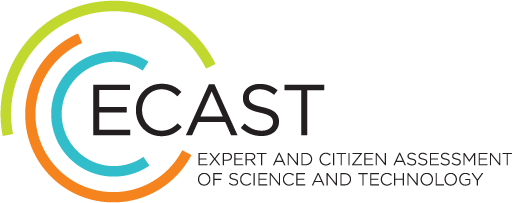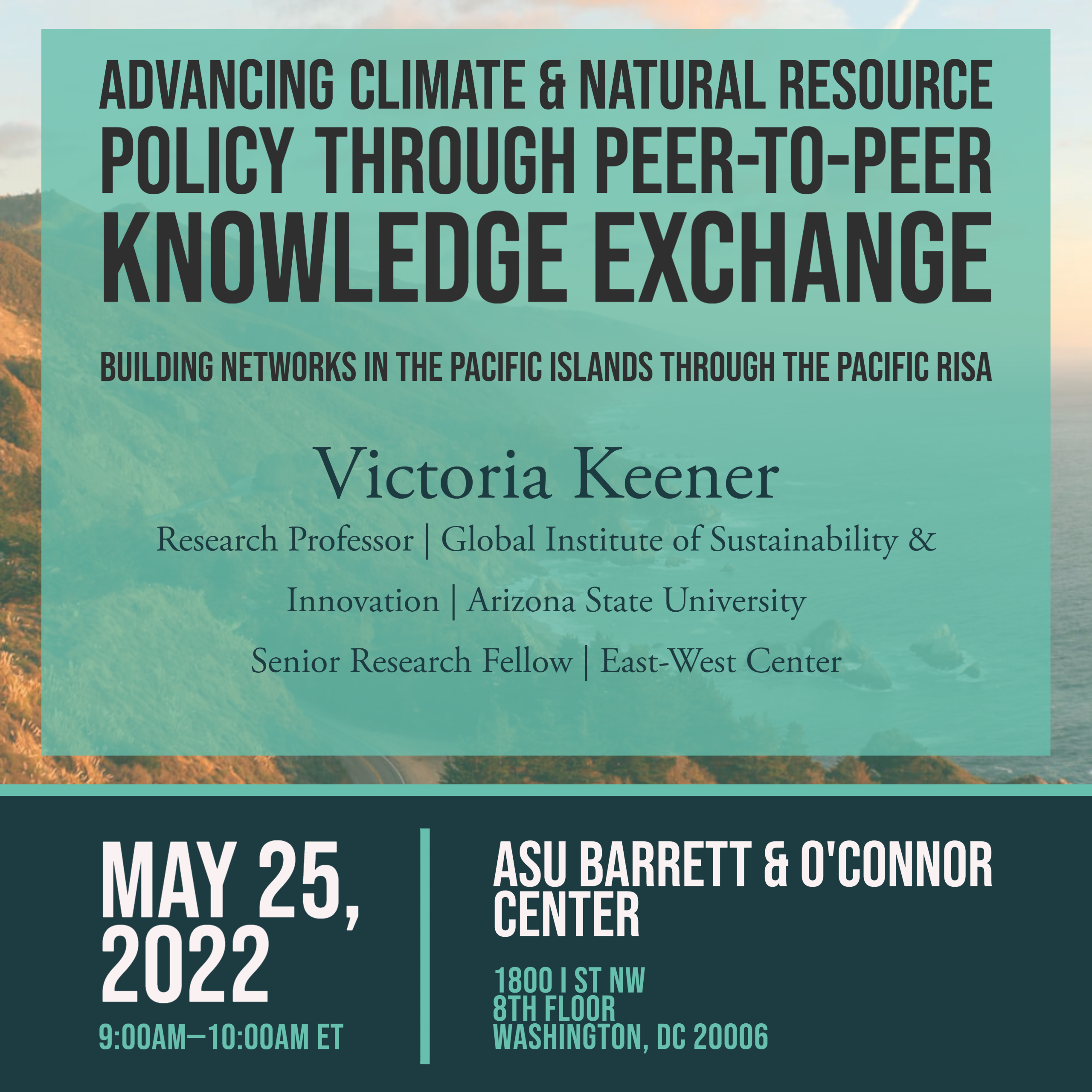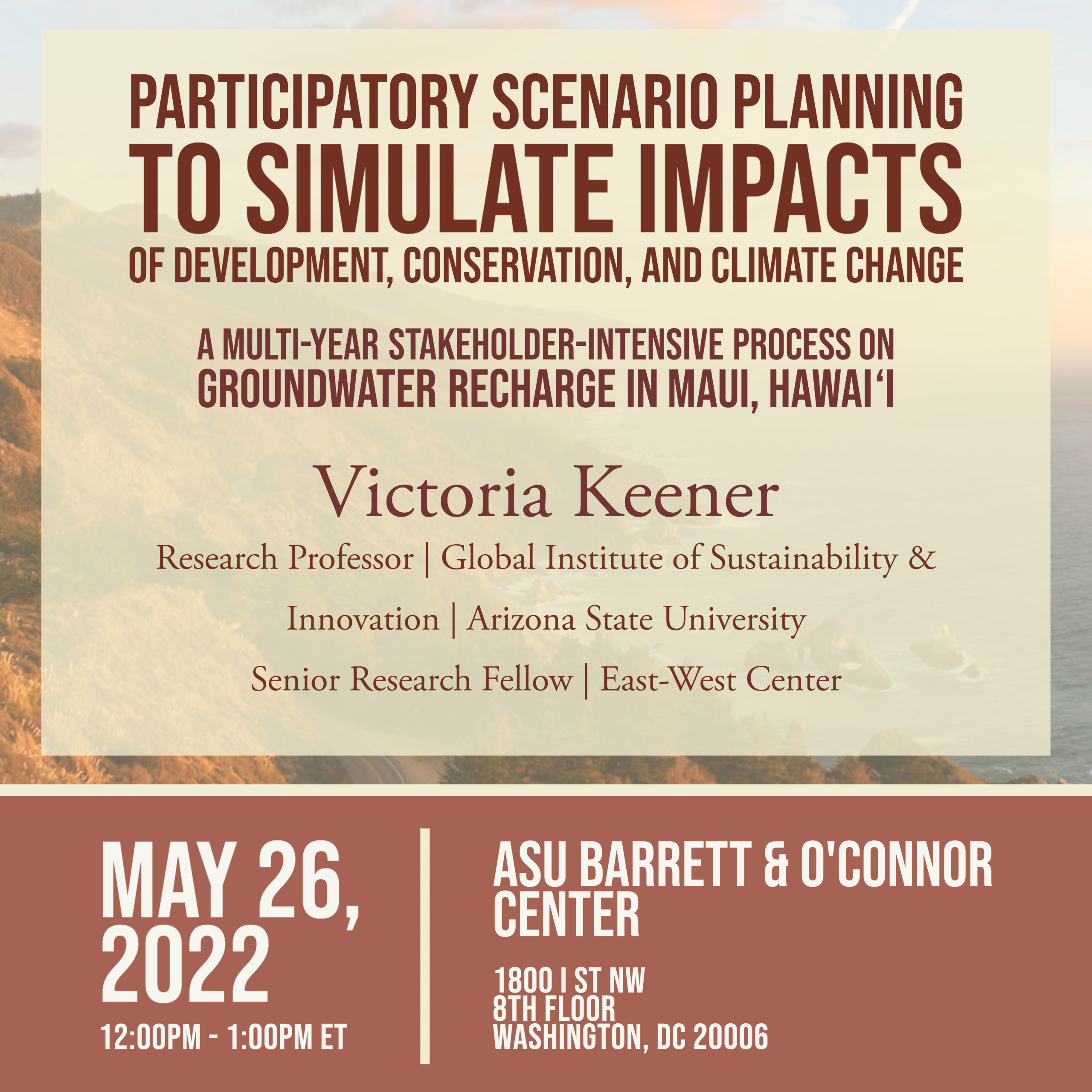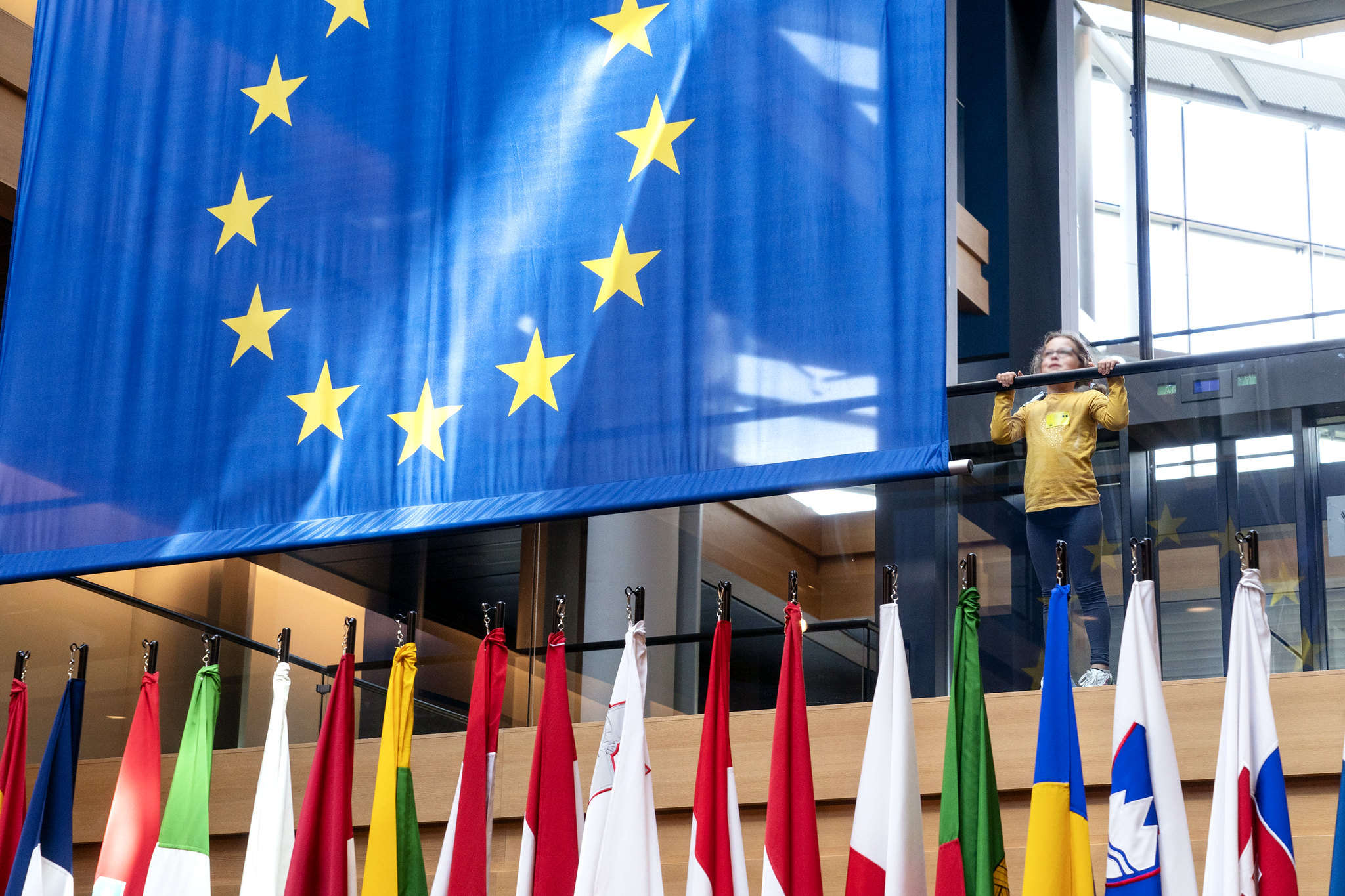Webinar: What Is Biosecurity for the Twenty-First Century?
ASU Barrett & O'Connor Washington Center 1800 I St NW 8th Floor, Washington, DC, United StatesSociety’s idea of what constitutes biological security and safety is changing. Looking toward a future in which gene editing can be done by do-it-yourselfers, biological engineering is common, and environmental changes shape new biorealities, the old top-down model of biosecurity will not be sufficient. Join Melissa Haendel (University of Colorado Anschutz Medical Campus), David Gillum (Arizona State University), Sam Weiss Evans (Harvard Kennedy School), and Yong-Bee Lim (Council on Strategic Risks) for a discussion of how to reimagine biosecurity and biosafety for a new era.



